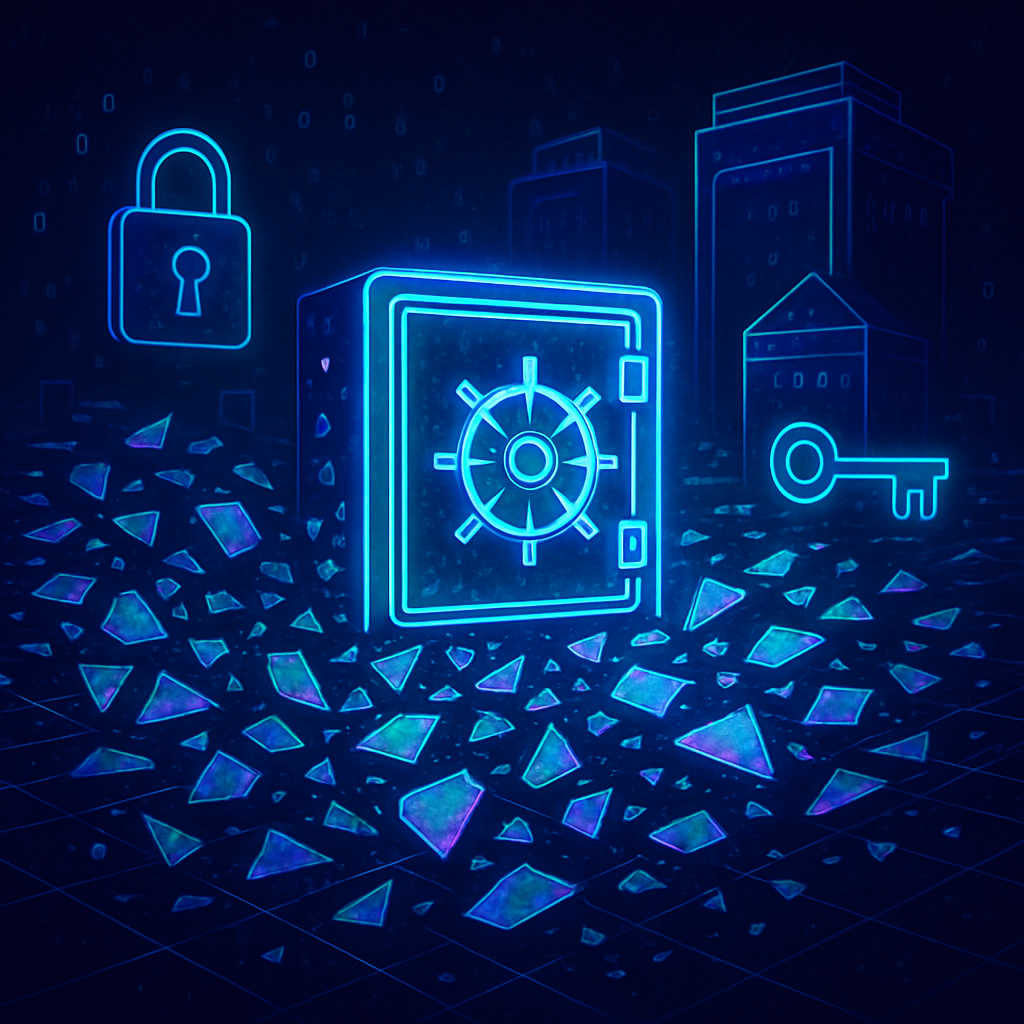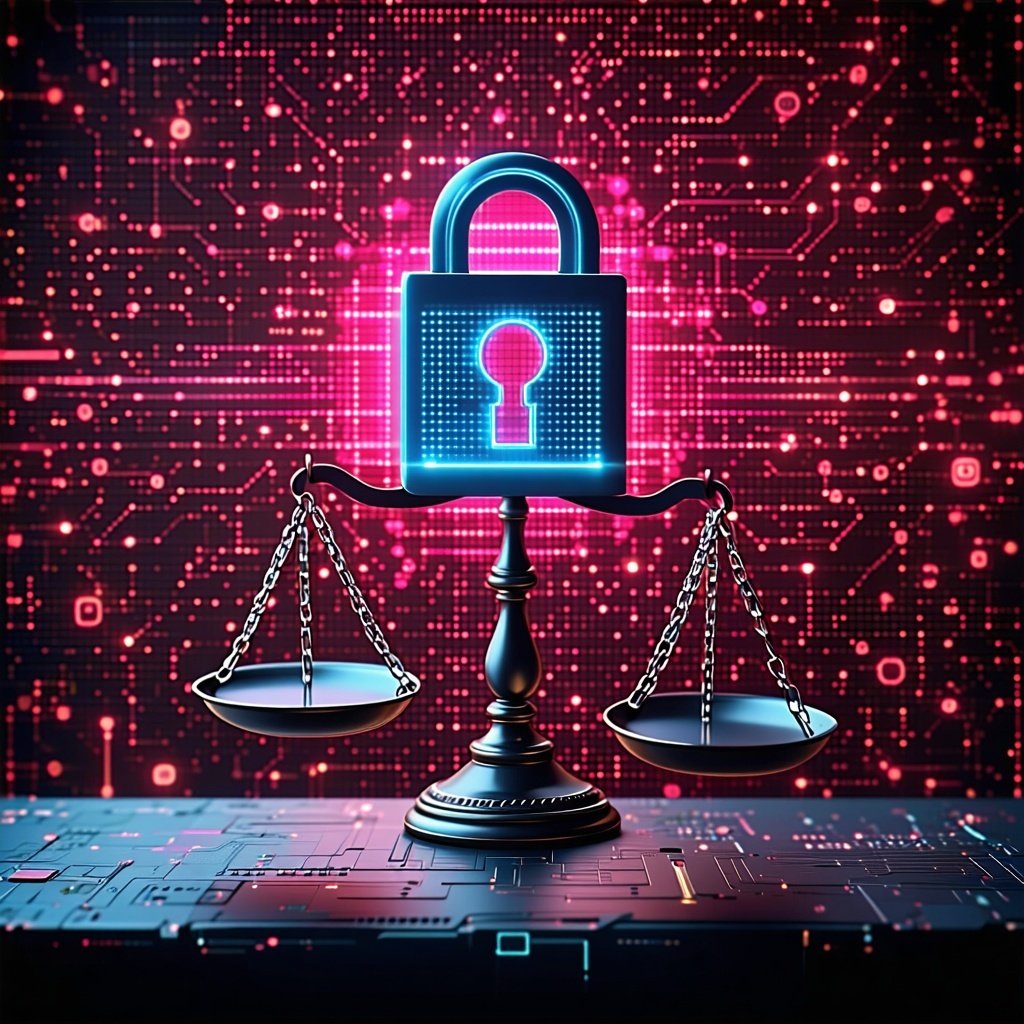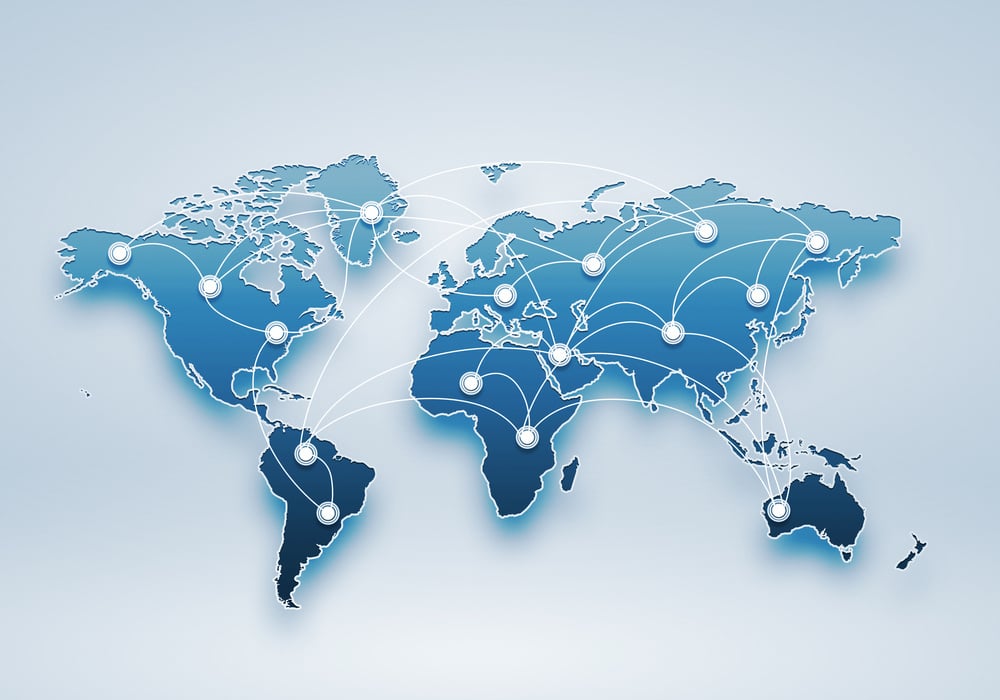Who Needs SOC 2 Compliance?
In our last blog post on SOC 2 compliance, we explained the basics of the AICPA’s data security standard and how it can benefit organizations of all sizes. Today, we’re taking a closer look at which industries most benefit from SOC 2 compliance.
Is the voluntary standard right for your organization? Let’s dive in.
What is SOC 2 compliance?
SOC 2 is a widely recognized auditing standard developed by the American Institute of Certified Public Accountants (AICPA), the official organization of CPAs that establishes ethical frameworks and auditing policies in the US.
With five distinct trust services categories, the AICPA standard focuses on the security, availability, processing integrity, confidentiality, and privacy of data within organizations. Meeting SOC 2 compliance — which is determined by qualified auditors — offers customers, partners, and other stakeholders the assurance that an organization has implemented strong security controls to safeguard their data.
What industries need SOC 2 compliance?
Part of the answer is in the name. SOC stands for both System and Organization Controls and Service Organization Controls. So, SOC 2 compliance can be relevant to all organizations, but it’s particularly useful for “service organizations.”
These, according to auditing standards, are companies that provide services to other businesses. This includes B2B companies, SaaS providers, cloud computing companies, data centers, and other organizations entrusted with customer data — including a few that might surprise you.
1. Cloud service providers
SOC 2 compliance is crucial for cloud providers, given how much sensitive customer data they handle. Data security, confidentiality, and availability are all vital for sensitive data stored in the cloud, and SOC 2 compliance offers a framework for secure data processing policies.
SOC 2 is also a useful way for cloud service providers to allay fears about security with companies looking to migrate their data from on-prem storage. Strict, ongoing audits assure customers that those cloud providers are continuously analyzing and updating their services. This includes implementing monitoring systems, access controls, and safeguards to protect personal information and other sensitive data.
2. Data centers
Much like CSPs, traditional data centers and colocation centers can also benefit from SOC 2 compliance. It’s crucial that these providers maintain a secure environment and high availability, as they host critical systems for their customers. SOC 2 compliance indicates that data centers have a reliable security infrastructure in place and that data integrity and availability will not be compromised.
3. Financial services
Financial institutions — including banks, insurance companies, and payment processors — handle highly sensitive data on a daily basis. Protecting this information from unauthorized access and maintaining its confidentiality, integrity, and availability is critical.
SOC 2 compliance is a gold standard in the financial service industry, and the audits required for a SOC 2 report are long and rigorous. They show that a financial institution is taking data security and privacy seriously, and they set that company apart from its noncompliant competitors.
4. Healthcare service providers
Healthcare already has HIPAA, the Health Insurance Portability and Accountability Act, to govern the privacy of its patients’ data. But, as we discuss in another blog post, HIPAA alone isn’t enough to protect healthcare organizations in today’s digital landscape. Unregulated types of data, a lack of clarity around data privacy technologies, and a complex patchwork of state regulations all mean that organizations can be HIPAA-compliant and still fall short in their security practices.
That’s where SOC 2 compliance comes in. It can help healthcare organizations ranging from electronic medical record (EMR) providers to healthcare data processors assess their cybersecurity risks. It can also help them demonstrate adherence to stringent security and privacy standards, and it can assure patients that their sensitive information is secure, available, and confidential.
5. Third-party SaaS vendors
SOC 2 compliance has become all but required for SaaS providers handling sensitive customer data — and it’s a minimum requirement for most companies doing business with SaaS vendors. SOC 2 compliance allows these providers to demonstrate their commitment to data security and instill trust.
“For security-conscious organizations,” the Cloud Security Alliance notes, “SOC 2 compliance is a minimum requirement when reviewing a SaaS vendor, so much so that many organizations now contractually require vendors to provide SOC 2 reports on an annual basis.”
6. Any company that values data security
Ultimately, SOC 2 compliance is for any company that recognizes the importance of data privacy and security to long-term business growth. Having strong SOC 2 practices offers assurance to business stakeholders, enhances customer trust, and is an increasingly popular way to demonstrate a strong cybersecurity posture.
As the Cloud Security Alliance notes, a company’s perspective on compliance can be what sets it apart from its competitors. Organizations that understand compliance as a positive tool in a proactive, comprehensive data security strategy will have a leg up over organizations that view compliance as nothing more than a series of boxes to be checked.
SOC 2 compliance and ShardSecure
ShardSecure’s platform offers strong data security, privacy, and resilience, which can support organizations looking to improve their technological safeguards for SOC 2 compliance. With ShardSecure, even if an unauthorized user like a cyberattacker or a cloud storage admin accesses data, our technology renders it unintelligible and unexploitable.
Our platform also maintains strong data confidentiality, integrity, and availability. It can reconstruct damaged data in real-time, without impacting users, during ransomware attacks or outages. And it only requires a few lines of code change required for integration, with minimal impact for operations teams.
To learn more about how ShardSecure can strengthen your security posture in preparation for a SOC 2 audit, visit our resources page or check out our detailed white paper on our technology.
Sources
What Does SOC 2 Certification Mean for Cloud Security? | SER Group
Benefits and Applicability of SOC 2 Reports | E Com Security Solutions
Why SOC 2 Is Critical for Fintech Companies | ForwardAI
Why Would a Healthcare Organization Need SOC 2? | KirkpatrickPrice






